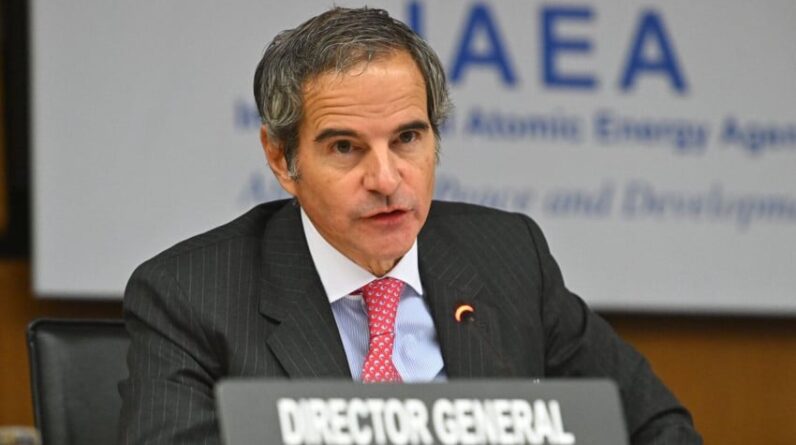
loading…
Tingkat kesuburan menurun di seluruh dunia. Foto/X/@Missing_CA
Diselenggarakan dengan tema “Menjaga dan Memperkuat Keluarga dalam Menghadapi Tantangan Global”, panel “Mitos Kelebihan Populasi : Bagaimana Agenda Global Berkontribusi pada Penurunan Populasi?” diselenggarakan oleh Kementerian Keluarga dan Layanan Sosial Turki, dengan Anadolu sebagai mitra komunikasi global.
Wakil Menteri Tenaga Kerja dan Jaminan Sosial Lutfihak Alpkan, yang menjadi moderator panel tersebut, mengatakan tingkat kesuburan Turki telah turun dari 7 pada tahun 1970-an menjadi di bawah 1,5 saat ini.
“Organisasi-organisasi internasional telah lama mendukung upaya-upaya untuk mengurangi pertumbuhan populasi,” katanya, dilansir Anadolu. “Namun ketika populasi suatu negara mulai menyusut… organisasi-organisasi yang sama itu tidak lagi mendukung.”
Serdar Furtuna dari Universitas Acibadem Mehmet Ali Aydinlar menelusuri upaya-upaya pengendalian populasi ke yayasan-yayasan AS pada tahun 1940-an.
Ia mencatat sebuah survei tahun 1963 di Turki menunjukkan kesenjangan besar antara kelahiran yang sebenarnya dan yang diinginkan.






